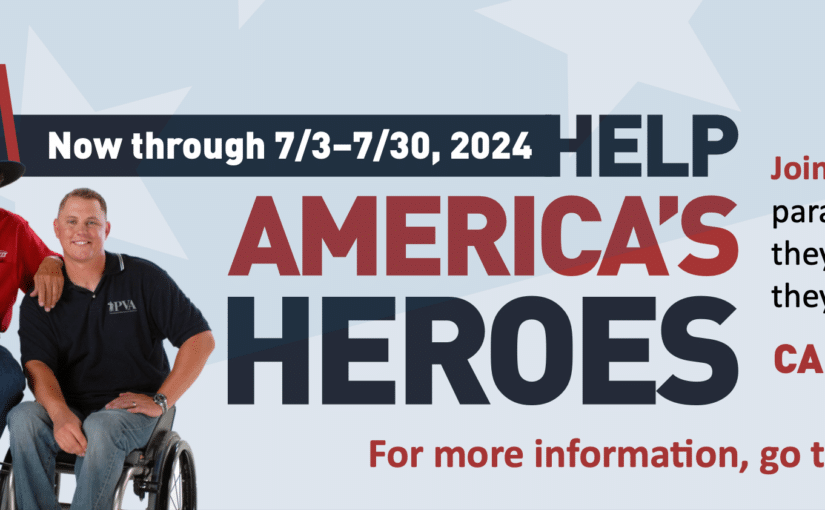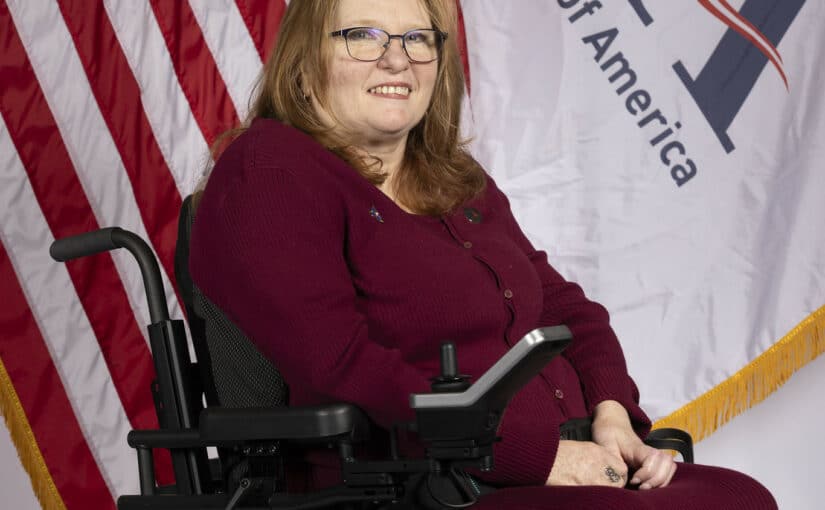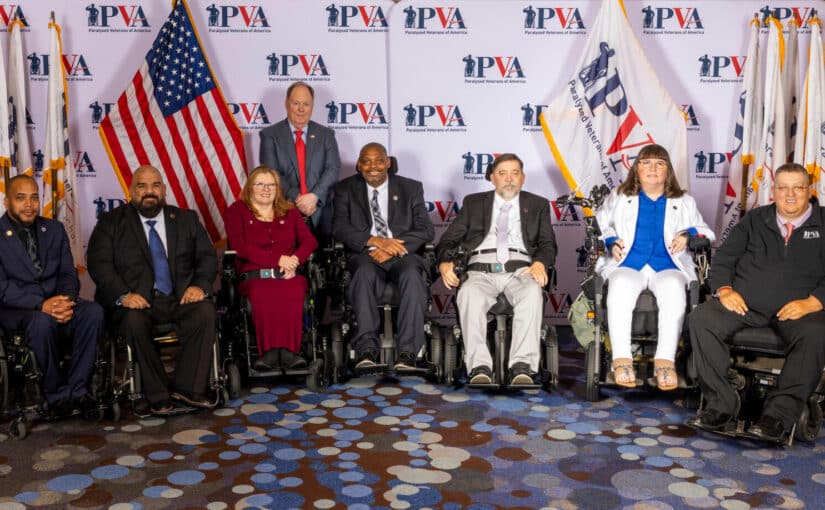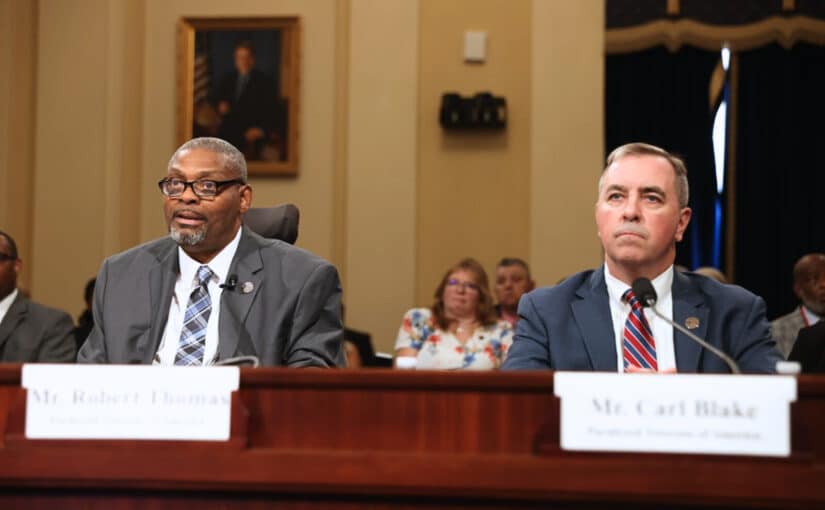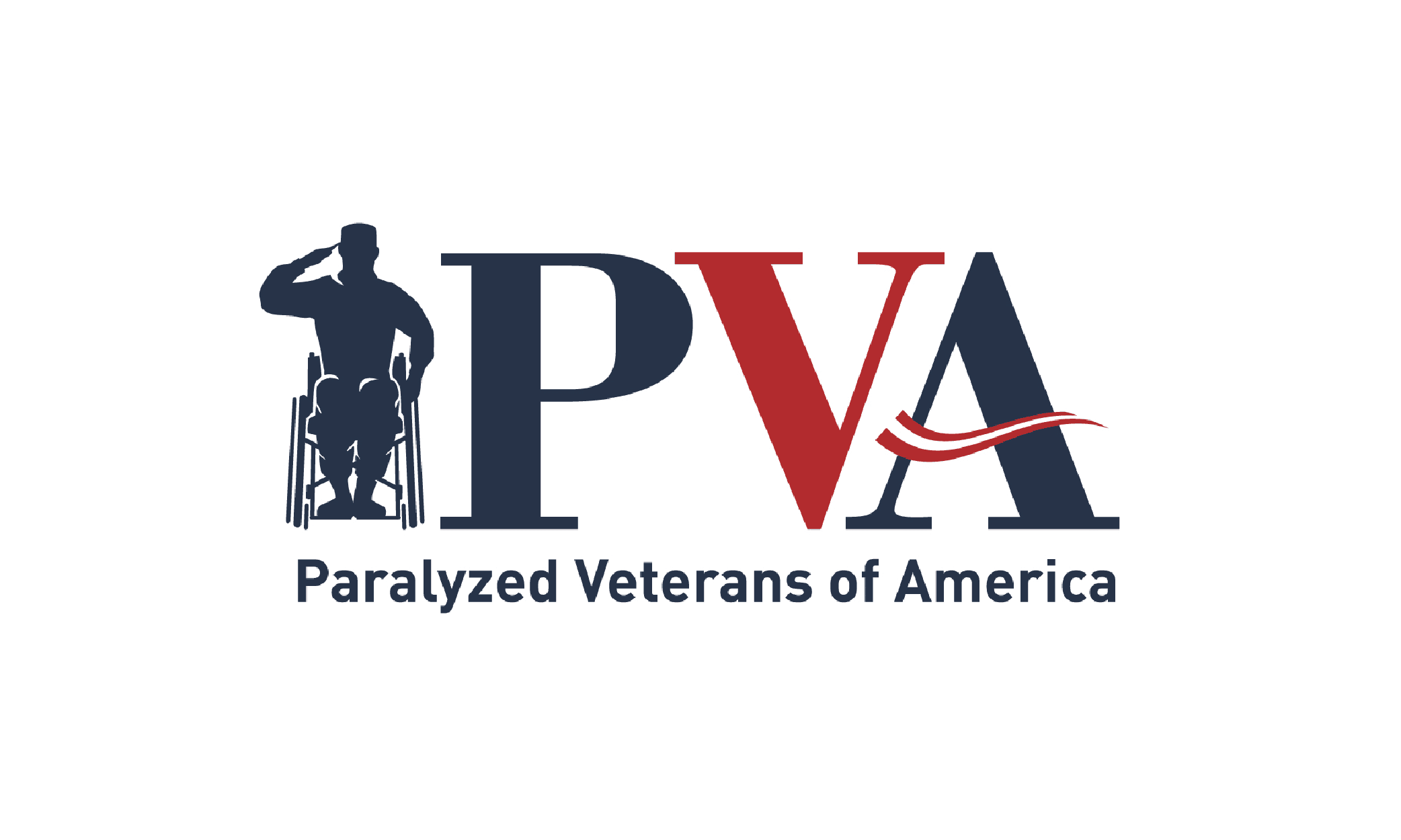
Paralyzed Veterans of America applauds President Biden for enacting the Making Advances in Mammography and Medical Options for Veterans (MAMMO) Act
Post Date: June 7, 2022
New law expands lifesaving mammogram screenings for women veterans who are
more at risk of getting breast cancer than their civilian counterparts
Paralyzed Veterans of America – the nation’s premier nonprofit of choice for disabled veterans, their families, and caregivers – today applauds President Biden for signing the Making Advances in Mammography and Medical Options for Veterans Act (S. 2533) and making the health and well-being of women veterans a top priority. In a provision particularly important to paralyzed veterans, the law directs the Department of Veterans Affairs to conduct a study about the accessibility of mammography services. It also ensures community-based providers, who receive VA patients, have accessible mammogram equipment and are informed on the best practices for screening paralyzed and disabled veterans.
The MAMMO Act was sponsored by Senators Tester, Boozman, Hirono, and Collins, as well as Congresswomen Brownley and Miller-Meeks. MAMMO will require the VA to: improve breast cancer screening technology at all VA facilities; develop a strategic plan for breast imaging services; collaborate with the Department of Defense on breast cancer treatment and research; and direct its Office of Inspector General to report on access and quality of all mammography services. It also creates a tele-mammography pilot program for veterans in remote areas with limited access to VA facilities; upgrades 3-D imaging; and improves partnerships with the National Cancer Institute.
It is no secret that women are the fastest growing military population; however, they are also one of the most vulnerable. According to the Journal of Military, Veterans and Family Health, women veterans and women in uniform are more at risk for breast cancer than their civilian counterparts, with incidence rates falling between 20-40%, compared to 12% in civilian women.
“Paralyzed Veterans of America commends both the President and Congress for moving this important legislation forward,” said Heather Ansley, associate executive director of Government Relations at PVA. “We consider this law an important step forward and the first of many more to come in PVA’s fight to increase access to health care for all people with disabilities. We look forward to continuing to work with Congress and with the Administration to ensure all veterans with mobility disabilities receive care that is more responsive to their unique needs.”
Of the 171 VA medical facilities across the U.S., only 69 have mammogram screening equipment available, and not all are accessible for women veterans with physical disabilities. Last year, U.S. Army veteran and past President/National Director of the PVA Texas Chapter Anne Robinson, who has used a power wheelchair since a military vehicle accident in 1999, was injured during a routine mammogram exam at a VA center.
“The room was so small that we had to take parts of my wheelchair apart to even get in, and then the staff improperly lifted me up to the machine, injuring my shoulder,” said Robinson. Anne doubts the accuracy of her scan since the machine was not fully accessible to her, which has led to worry given her family history of breast cancer.
For 75 years, PVA has advocated for accessibility for paralyzed veterans and all people with disabilities. It is committed to continuing to fight for the highest quality in VA healthcare, as well as accessibility in travel, voting, sports and recreation, and many other public services and spaces throughout the U.S.
###
About Paralyzed Veterans of America
Paralyzed Veterans of America is a 501(c)(3) non-profit and the only congressionally chartered veterans service organization dedicated solely for the benefit and representation of veterans with spinal cord injury or disease like MS and ALS. For 75 years, the organization has ensured that veterans receive the benefits earned through service to our nation; monitored their care in VA spinal cord injury units; and funded research and education in the search for a cure and improved care for individuals with paralysis.
As a life-long partner and advocate for veterans and all people with disabilities, Paralyzed Veterans of America also develops training and career services, works to ensure accessibility in public buildings and spaces, and provides health and rehabilitation opportunities through sports and recreation. With more than 70 offices and 33 chapters, Paralyzed Veterans of America serves veterans, their families, and their caregivers in all 50 states, the District of Columbia, and Puerto Rico. Learn more at PVA.org.

